back to the blog
E-Scooter Training: Do I Need It?

Olivia C · August 18, 2025
If you’re new to riding or thinking about hiring an e-scooter, you might wonder whether you need formal training. At the moment, there’s no legal requirement for training before you hop on a rental scooter. That said, there are reasons why someone might get training regardless.
What Counts as an Electric Scooter (or ‘E-Scooter’)?
An electric scooter (often shortened to ‘e-scooter’) is a two-wheeled vehicle powered by an electric motor with a standing platform and handlebars. They’re designed for short, urban journeys and typically reach speeds of around 15.5 mph (25 km/h).
You may have seen branded e-bikes, from operators in certain areas that are using trials for e-scooters, or ones that are unbranded and being used by people as their personal vehicle.
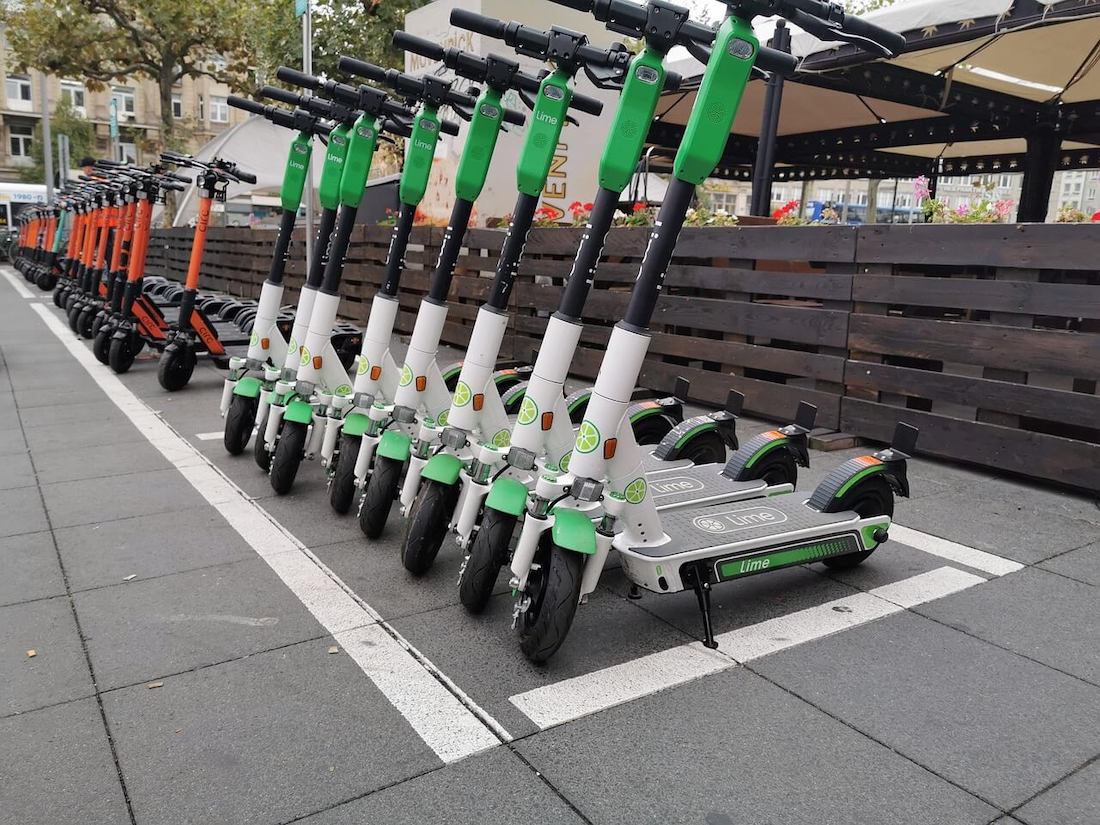
The Legal Side of E-Scooters
It’s important to distinguish between e-scooters being ridden in areas that are part of Government-led trials, and e-scooters outside of these areas because one of these is road legal and the other isn’t.
Privately owned e-scooters: illegal in public
It is currently illegal to ride a privately owned e-scooter in any public space. This includes:
-
Roads
-
Pavements
-
Cycle lanes
-
Parks
If you’re caught riding one, you risk:
-
Penalty points on your driving licence (even provisional)
-
Fines for illegal use
-
Your scooter being seized by the police
The only place you can ride a private e-scooter legally is on private land, with the landowner’s permission.
Rental e-scooters: legal in trial areas
The exception is the network of government-approved rental trials. These are operated by companies such as Voi, Lime, Dott, and Tier, in partnership with local authorities.
-
There are currently 50+ trial zones across the UK, covering major cities like London, Birmingham, and Bristol, as well as smaller towns.
-
Local councils decide whether to allow schemes and which operator will run them.
-
Scooters are GPS-tracked, speed-limited (typically 15.5mph), and come with insurance included.
-
To ride, you need a valid driving licence (provisional or full) with category Q entitlement.
These trials are being used to gather data on safety, infrastructure, and environmental impact, which will influence future e-scooter legislation.
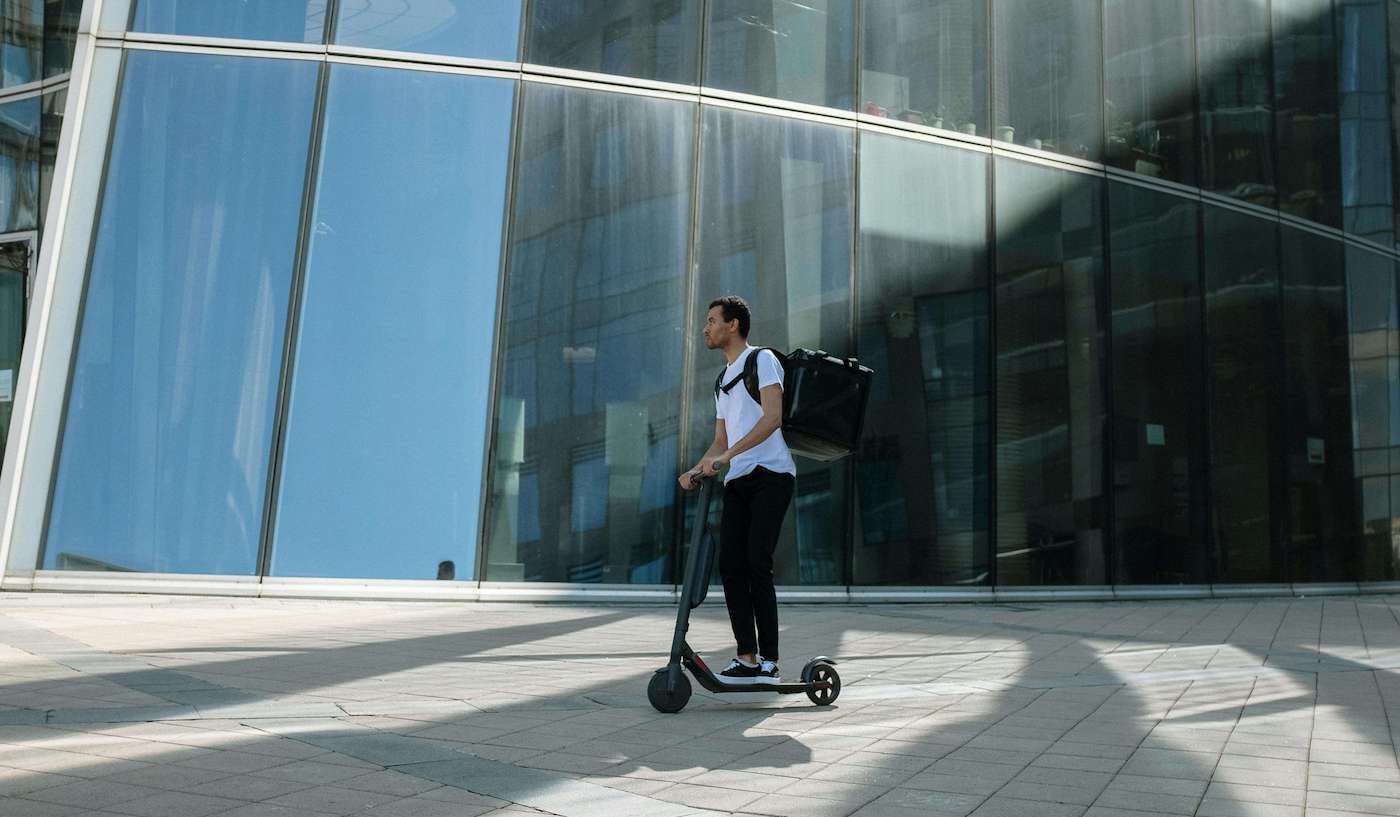
Do You Need Training to Ride E-Scooters?
Currently, no - it’s not compulsory.
You can ride a rental e-scooter if you have a full or provisional UK driving licence with category Q entitlement, which most drivers already have. You don’t need a CBT or motorcycle licence.
If you hold an overseas licence, you could still be eligible too:
-
Full EU/EEA licences are accepted.
-
Non-EU licences may also work for up to 12 months, if they cover cars, mopeds, or motorcycles.
-
Overseas provisional or learner permits aren’t valid.
So while formal training isn’t mandatory, you do need the right licence to be able to ride in areas running e-scooter trials.
Why Would You Get Scooter Training?
Even though training is not compulsory and there aren’t any formally recognised ‘training’ certificates for e-scooters, they do exist.
In fact, there are a few good reasons why you might seek out training near you.
-
Build confidence: Learn the basics like balance, braking, and control in a safe space. Many trainers start off in a sports hall, car park, or other traffic-free areas so you can get comfortable before heading onto the roads.
-
Road safety skills: Training can help with positioning, visibility, and spotting hazards.
-
Supervised riding: Riding in traffic can be intimidating if you’ve never done it before. Training gives you feedback in real time, helping you pick up good habits and avoid mistakes.
-
Stepping stone to motorbikes: For some, e-scooters are the first step before moving onto motorcycles. Having that basic two-wheeled balance and control makes starting CBT or motorbike training much easier.
Think of scooter training as a way to lower the risks, boost your confidence, and make your first rides smoother.
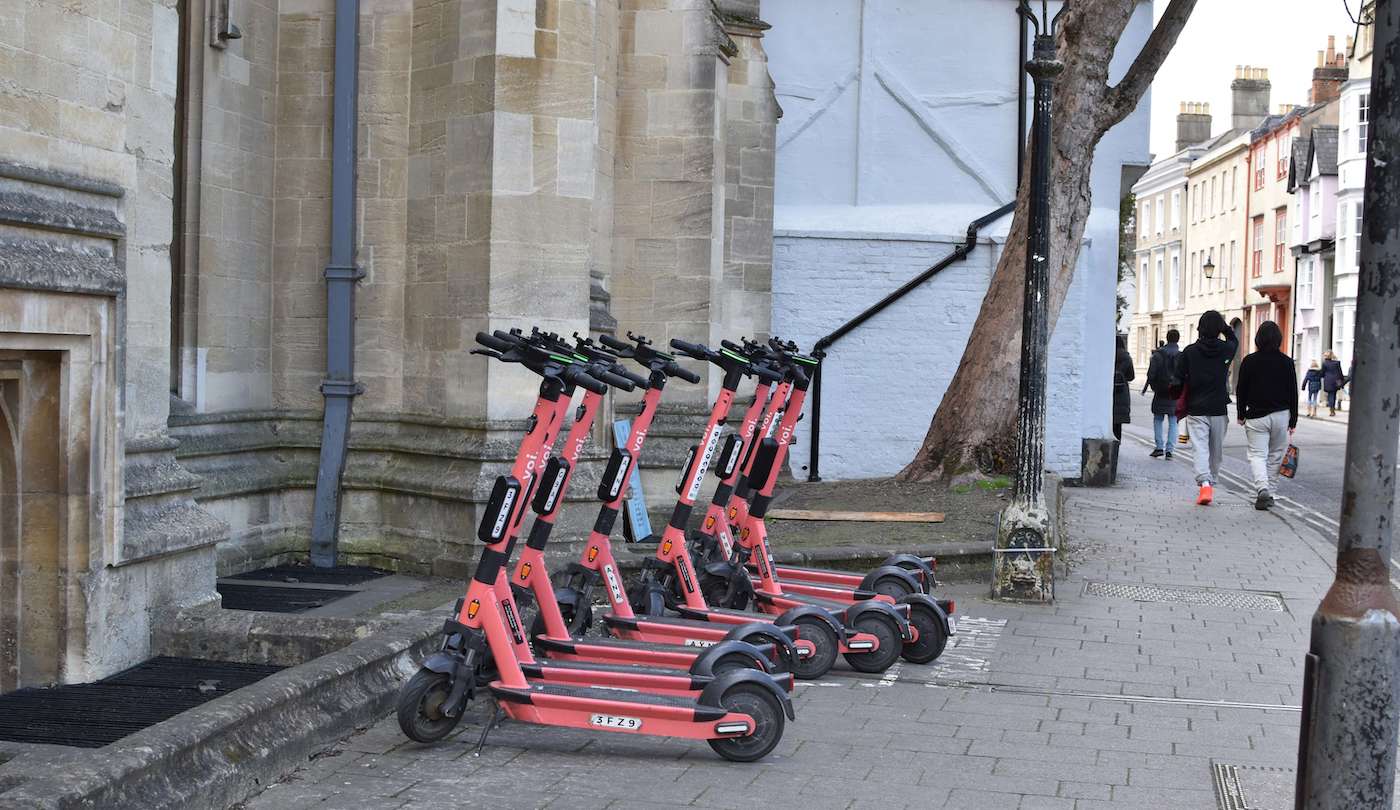
Who Provides E-Scooter Training?
Where you can get e-scooter training depends on your location.
-
Third sector programmes: Some non-profit organisations run training aimed at encouraging safe micro-mobility. Examples include Cycling UK and Bikeworks.
-
For-profit companies: A few private businesses also offer their own e-scooter courses.
-
E-scooter operators: In areas with government-approved rental trials, the scooter operators themselves often provide training. This can be:
-
Online: short courses like Beryl’s free e-scooter training.
-
In-person: practical sessions run directly by the operator or in partnership with a local business, such as a tour company (for example, Dott’s in-person courses with ScooTours London).
These options make it easy to get familiar with your scooter in a safe and structured way, and will often be free.
The Future of E-Scooter Training and Rules
While training isn’t required now, this may change. The government has already acknowledged that regulation is overdue and new laws are being considered:
“The Government wants to introduce legislation around the use of e-scooters, saying they have been left unregulated for too long.” – Fleet News
That could include a basic training requirement if private e-scooters are legalised for road use. This might look like a shortened version of the CBT for motorcycles, a short course focusing on road awareness, vehicle control, and safety checks.
The aim would be to keep riders safe without creating unnecessary barriers to adoption. So although you don’t need training today, it’s worth keeping an eye on future updates if you’re planning to buy or rent an e-scooter long term.


